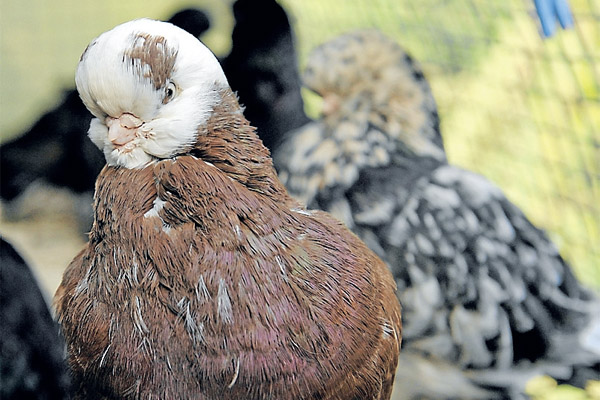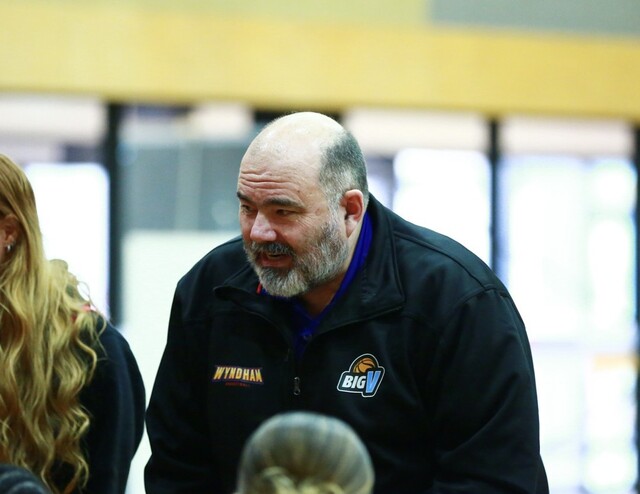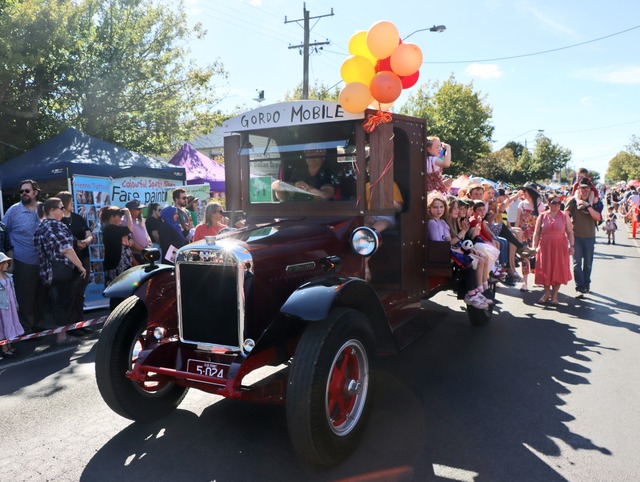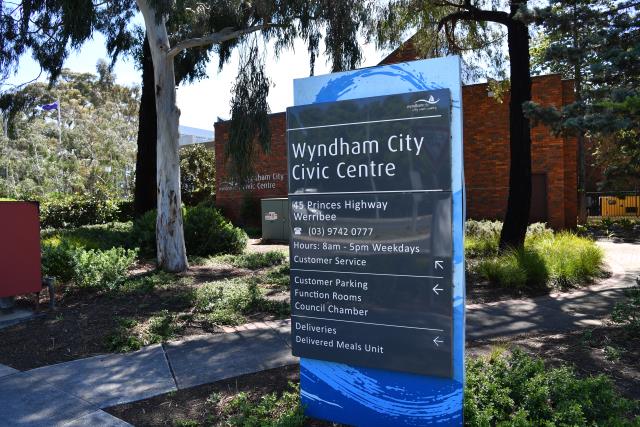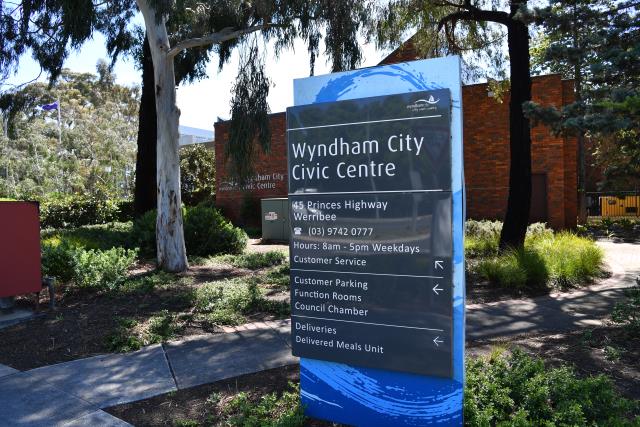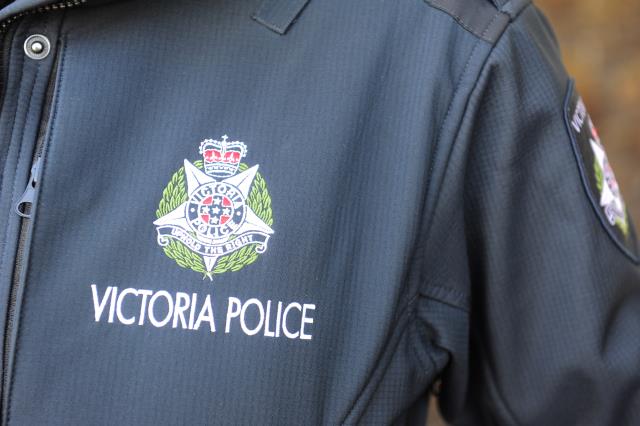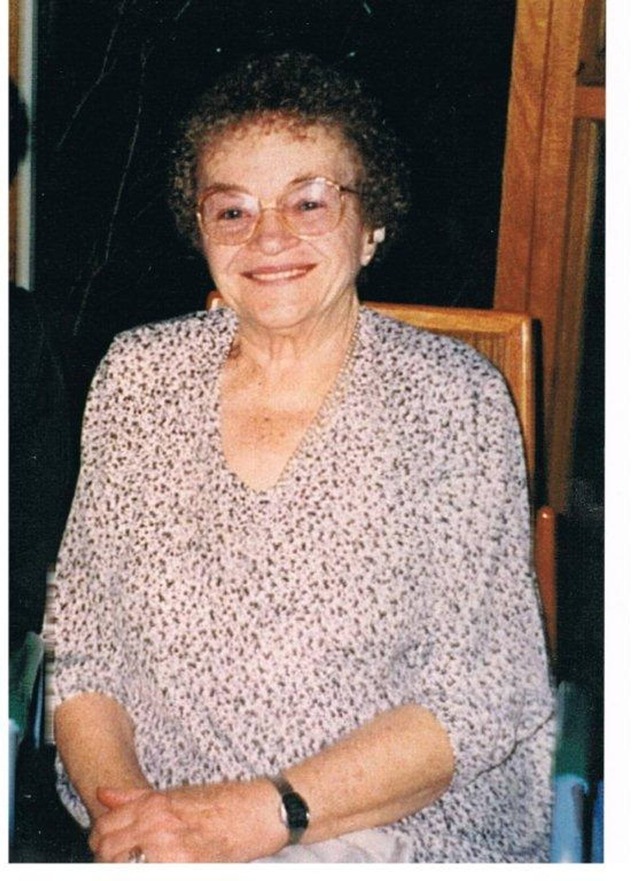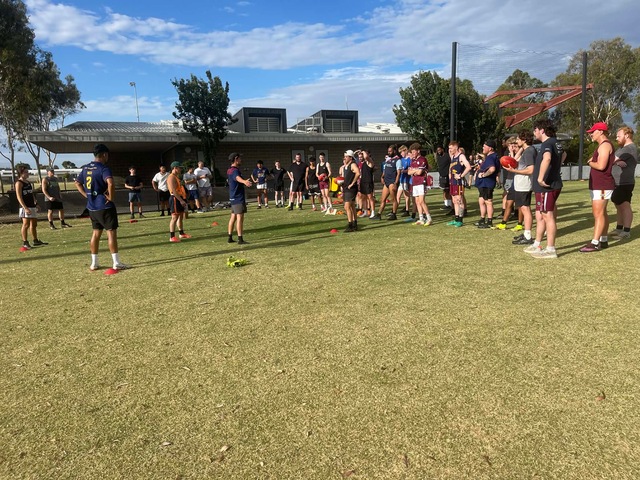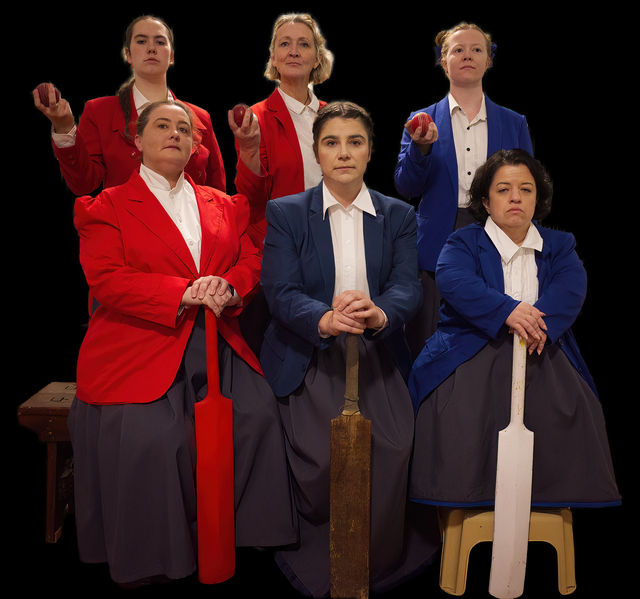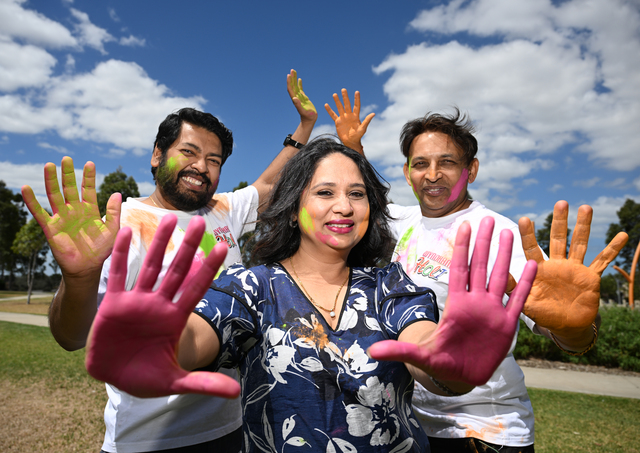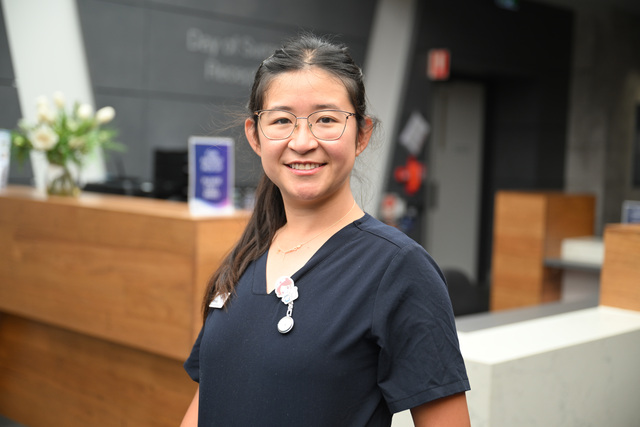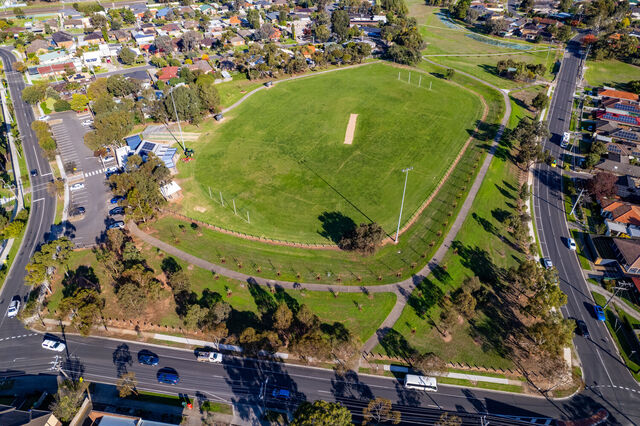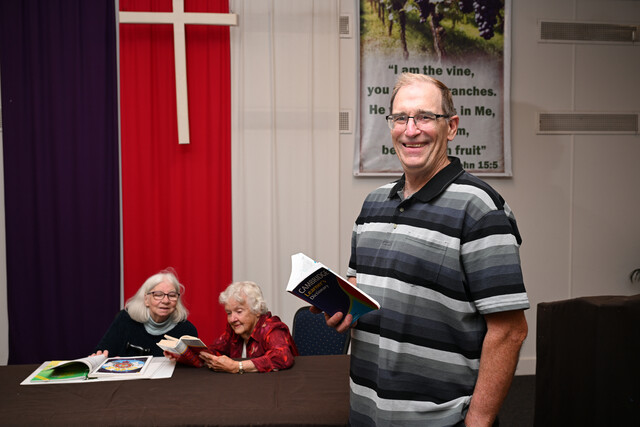Pigeon fanciers have been in lockdown since hundreds of birds were infected with a deadly virus last year. As a statewide ban on races and shows lifted last week, some owners are still struggling to recover, as Cameron Lucadou-Wells reports.
THE natural highs of pigeon racing are “better than sex”, says racing pigeon owner John Blackney.
When the first of his racing pigeons return from King Island or another race point 1000 kilometres from home, his heart flutters with excitement.
“It’s the biggest thrill you can get – you sit in the backyard. You’re waiting, you’re waiting and then you see a pigeon arrive in the sky. For seven seconds, your heart flutters. When that first flier hits your loft …”
Some owners pay up to $10,000 for a bird, imported from Europe or the US.
The speed and stamina of the birds and their uncanny homing instincts, are phenomenal.
With a tail wind, they can fly up to 10 hours at 100km/h in race conditions. But over the past seven months, Blackney, like hundreds of other pigeon racers in Victoria, are missing the thrill of the comp. Pigeon racing, like pigeon shows and sales, has been on hold due to a statewide outbreak of pigeon paramyxovirus that has killed pigeons across the state.
At least 76 lofts have been infected and 80 contaminated feral pigeons have been found in greater Melbourne.
Last September, the Department of Primary Industries slapped a ban on pigeon activities, after confirmed cases of the virus at Keilor Downs, Lalor, Meadow Heights, Thomastown and Hoppers Crossing.
The ban was lifted on March 25, months before trials of a vaccine against the virus are expected to be completed. For some hapless pigeon breeders, up to 100 per cent of their flock has been wiped out.
Many of the birds die within three days of contracting the virus. Others are reduced to ‘headwobblers’ and have to be hand-fed because they can’t hold up their heads. If they recover, it can take up to 12 months of intensive treatment and hand-rearing by their owners.
World champion show pigeon breeder Felice Esposito of Sunshine had half of his 300 pigeons – and all but one young pair of his best, selectively bred English longface tumblers – wiped out by the virus.
It has taken vigilance and a cocktail of medications to save that many birds.
At worst, he was losing seven pigeons a day and nursing up to 30 at a time.
“They’re some of the world’s best pigeons. I’ve spent a lot of money on them. It feels like 20 years has gone down the drain.”
Esposito can only guess how his flock caught the virus, despite never being let out to fly.
“Hopefully, the one pair of my best birds can reproduce their bloodline.”
Pigeon clubs have been told they can resume racing and shows if they ensure all competing birds are vaccinated.”
There’s speculation but no proof that the virus may have landed on Victoria’s shores through a smuggled bird. The virus, prevalent worldwide for more than 20 years, had been managed with a paramyxovirus vaccine.
The vaccine has backing from the state’s Department of Primary Industries but it hasn’t been approved by the Australian Quarantine and Inspection Service and the Australian Pesticides and Veterinary Medicines Authority. The department has recommended a four-week course of a vaccine used for treating Newcastle disease in poultry. The cost of a 1000-bird dose is about $200.
There is hope that shows and races in Victoria could resume if enough pigeons are vaccinated before the end of the racing season in July.
Clubs have funded a trial of the Newcastle disease vaccine as their members rush to inoculate their birds.
Show organisers have opted to shut down national events of up to 4000 entries rather than simply ban Victorian pigeons.
Bird veterinarian Colin Walker says there is no need for national vaccinations, since the disease hasn’t yet escaped state borders.
“Even if a bird is vaccinated, it could still carry the disease and potentially carry it out of the state. The DPI is simply trying to stop the spread of the disease.”
Department of Primary Industries chief veterinary officer Andrew Cameron said
the Newcastle vaccine should ensure a return to “degree of normalcy” for pigeon flyers and breeders.
Werribee Racing Pigeon Club secretary Ben Weber said that despite the vaccine, the industry was still nervous.
“It [the virus] killed the sport last year and even this year it will be touch and go. We’re now administering the vaccine across our membership, so hopefully, we’ll be back within two to three months.”

